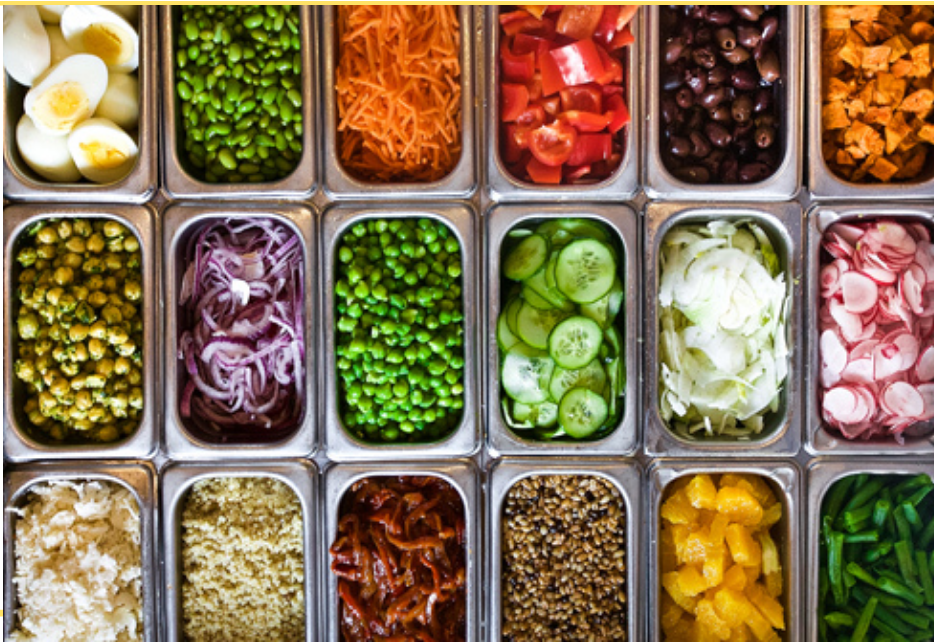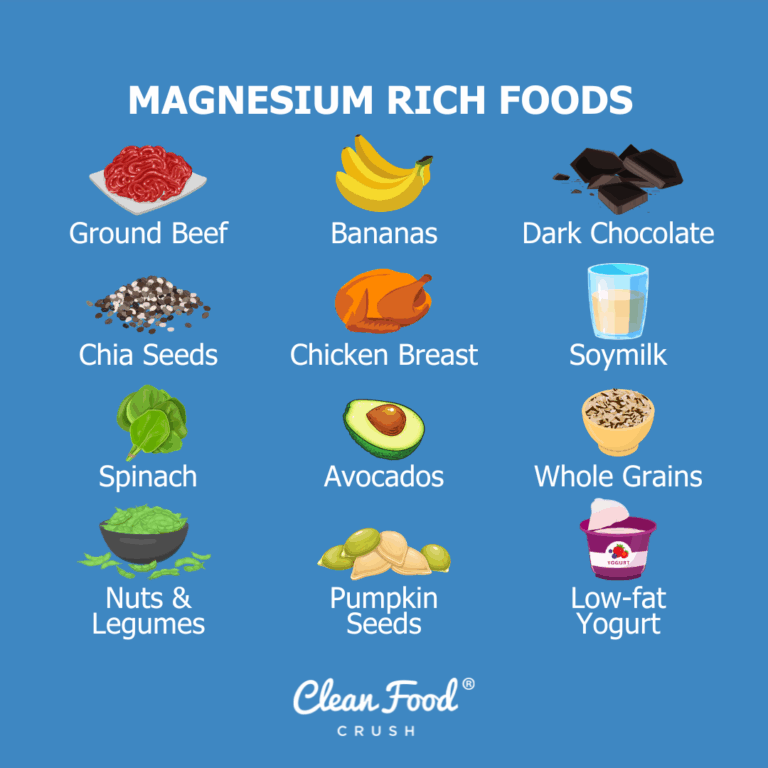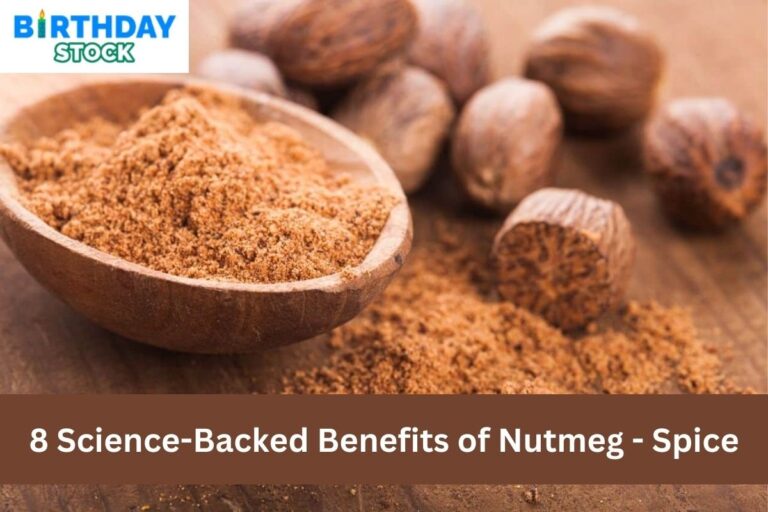More Than a Salad Topper: Unlocking the Full Wellness Benefits of Cucumber
The humble cucumber, often relegated to a supporting role in salads or a refreshing, if somewhat unremarkable, garnish, holds a secret life far richer than its placid green exterior suggests. It is a quiet powerhouse, a verdant sentinel of hydration and a treasure trove of wellness benefits that extend far beyond its crisp texture and mild flavor. To truly appreciate the cucumber is to embark on a journey, peeling back layers of misconception to reveal an ancient superfood, brimming with potential to enhance our health from the inside out. This isn’t just a vegetable; it’s a story, an unsung hero waiting to be fully recognized for its profound impact on our vitality.
A Glimpse into the Past: Cucumber’s Ancient Roots
Our story begins not in a modern grocery store aisle, but thousands of years ago in the fertile lands of South Asia, specifically India. Evidence suggests that cucumbers (Cucumis sativus) have been cultivated for over 3,000 years, making them one of the oldest cultivated vegetables. From India, they journeyed westward, embraced by the ancient Greeks and Romans, who not only consumed them but also recognized their medicinal properties. Pliny the Elder, the Roman naturalist, documented their use in treating various ailments, from scorpion stings to bad eyesight. Emperor Tiberius, it is said, was so fond of cucumbers that he had them grown year-round using ingenious methods resembling modern greenhouses.
The cucumber’s travels continued through Europe and into China, where it became a staple in traditional medicine, revered for its cooling properties and ability to detoxify the body. It arrived in the Americas with Columbus, firmly establishing its global presence. This rich history underscores a long-standing human intuition: there’s more to this simple fruit than meets the eye. Our ancestors, perhaps without the scientific language of today, understood its inherent goodness, using it not just as food, but as a source of healing and rejuvenation.
The Nutritional Blueprint: A Symphony of Micronutrients and Phytochemicals
At first glance, the cucumber’s nutritional profile might seem underwhelming. It’s over 95% water, leading many to dismiss it as merely a hydrating filler. But this perspective overlooks the subtle yet significant symphony of micronutrients and powerful phytochemicals that make up its remaining 5%. It’s in this seemingly small percentage that the cucumber truly shines.
Let’s break down its remarkable composition:
-
Hydration Hero (95% Water): This isn’t just any water; it’s structured, mineral-rich water that is easily absorbed by our cells. Proper hydration is fundamental to every bodily function – from regulating body temperature and lubricating joints to nutrient transport, waste elimination, and maintaining cognitive function. In an era where chronic dehydration is surprisingly common, the cucumber offers a delicious and effortless way to top up our daily fluid intake, supporting overall cellular health and metabolic efficiency.
-
Vitamins and Minerals: While not a powerhouse of any single vitamin, cucumbers contribute meaningfully to our daily intake of several essential nutrients:
- Vitamin K: Crucial for blood clotting and, significantly, for bone health. It helps activate proteins involved in calcium metabolism, guiding calcium to the bones and away from arteries where it could cause hardening.
- Vitamin C: A potent antioxidant that supports immune function, collagen synthesis (vital for skin, hair, and nails), and helps protect cells from oxidative stress.
- B Vitamins (B1, B5, B7 – Biotin): Though present in smaller amounts, these B vitamins play vital roles in energy metabolism, converting food into fuel, and supporting nervous system function. Biotin, in particular, is often linked to healthy hair and skin.
- Potassium: An essential electrolyte that works with sodium to maintain fluid balance, nerve signals, and muscle contractions, and is crucial for regulating blood pressure.
- Magnesium: Involved in over 300 enzymatic reactions in the body, magnesium is vital for muscle and nerve function, blood sugar control, blood pressure regulation, and bone health.
-
Fiber (Soluble and Insoluble): Especially when consumed with its peel, cucumber provides both soluble and insoluble fiber. Insoluble fiber adds bulk to stool, promoting regular bowel movements and preventing constipation. Soluble fiber, on the other hand, forms a gel-like substance in the digestive tract, which can help lower cholesterol and regulate blood sugar levels.
-
Phytochemicals: The Hidden Guardians: This is where the "knowledgeable" audience truly appreciates the cucumber’s depth. Beyond the basic vitamins and minerals, cucumbers are rich in bioactive compounds that confer significant health benefits:
- Flavonoids: These plant compounds are powerful antioxidants and anti-inflammatory agents. Cucumbers contain notable amounts of quercetin and kaempferol, which have been studied for their potential roles in protecting against chronic diseases, supporting heart health, and even exhibiting anti-cancer properties.
- Lignans: These polyphenols are converted by gut bacteria into compounds that can bind to estrogen receptors, potentially offering protection against hormone-related cancers (like breast, ovarian, and prostate cancer) and supporting cardiovascular health.
- Triterpenes (Cucurbitacins): These are perhaps the most intriguing compounds in cucumbers, responsible for their slight bitterness (especially in older or improperly grown varieties). Cucurbitacins have been extensively researched for their potent anti-inflammatory and anti-cancer properties. Studies suggest they can inhibit the growth of various cancer cells by modulating cellular signaling pathways, making them a significant area of ongoing research.
Unlocking the Full Wellness Benefits: A Deep Dive
With this robust nutritional blueprint in mind, let’s explore the myriad ways cucumbers contribute to our overall wellness, elevating them far beyond a mere salad accompaniment.
1. Superior Hydration and Detoxification:
The cucumber’s high water content is its most immediate and obvious benefit. But its impact goes deeper than just quenching thirst. Adequate hydration is critical for the body’s natural detoxification processes. Water acts as a solvent, helping the kidneys filter waste products and toxins from the blood, which are then excreted through urine. The cucumber, with its unique blend of water and electrolytes like potassium, aids this process by promoting healthy kidney function and ensuring efficient waste removal. It’s like a gentle internal cleanse, helping your body flush out impurities and feel revitalized.
2. Potent Antioxidant and Anti-Inflammatory Power:
Chronic inflammation and oxidative stress are root causes of many modern diseases, from heart disease and diabetes to neurodegenerative disorders and cancer. The flavonoids (quercetin, kaempferol), lignans, and cucurbitacins in cucumbers act as a formidable defense team.
- Antioxidants neutralize free radicals, unstable molecules that damage cells and DNA, preventing oxidative stress.
- Anti-inflammatory compounds help to dampen the body’s inflammatory response, reducing systemic inflammation.
By regularly consuming cucumbers, you’re essentially arming your body with natural defenses against cellular damage and the progression of inflammatory conditions.
3. Digestive Harmony and Gut Health:
The combination of water and fiber in cucumbers makes them excellent for digestive health.
- The fiber, particularly in the skin, adds bulk to stool, promoting regularity and preventing constipation. This ensures a smooth transit of food through the digestive tract and efficient waste elimination.
- The water content also softens stool, making it easier to pass and reducing strain.
A healthy digestive system is foundational to overall health, influencing nutrient absorption, immune function, and even mood. By supporting a healthy gut microbiome and regular bowel movements, cucumbers contribute to a balanced internal environment.
4. Blood Sugar Management:
Cucumbers have a very low glycemic index, meaning they cause a minimal rise in blood sugar levels. This makes them an ideal snack for individuals managing diabetes or those looking to stabilize their blood sugar. Furthermore, preliminary research on cucurbitacins suggests they may play a role in regulating blood sugar by influencing insulin secretion and metabolism, offering a promising avenue for future studies in diabetes management. Their fiber content also helps slow down sugar absorption, contributing to more stable energy levels throughout the day.
5. Cardiovascular Well-being:
The cucumber’s contribution to heart health is multi-faceted:
- Potassium: As a key electrolyte, potassium helps counteract the effects of sodium, relaxing blood vessel walls and thereby reducing blood pressure. This is crucial for preventing hypertension, a major risk factor for heart disease and stroke.
- Lignans: These compounds have been linked to improved lipid profiles, helping to lower LDL ("bad") cholesterol and reduce the risk of atherosclerosis (hardening of the arteries).
- Fiber: Soluble fiber helps reduce cholesterol absorption in the gut.
By supporting healthy blood pressure and cholesterol levels, cucumbers are truly a heart-friendly food.
6. Bone Health and Strength:
Often overlooked, cucumbers are a good source of Vitamin K, a fat-soluble vitamin vital for strong bones. Vitamin K helps the body produce osteocalcin, a protein that binds calcium to the bone matrix, improving bone density and reducing the risk of fractures. While not a primary source of calcium itself, its role in optimizing calcium utilization makes it an important player in maintaining skeletal integrity, particularly as we age.
7. Weight Management and Satiety:
For those on a weight management journey, cucumbers are a dream food. They are incredibly low in calories (about 15 calories per cup) yet high in water and fiber, making them incredibly filling and satisfying. Snacking on cucumbers can help curb hunger without adding significant calories, preventing overeating and supporting healthy portion control. Their refreshing taste can also satisfy cravings for crunchy, refreshing foods, offering a healthier alternative to processed snacks.
8. Radiant Skin, Hair, and Nails (Inside and Out):
This is perhaps where the cucumber’s fame is most widespread, often seen adorning spa-goers’ eyes. But its benefits for beauty extend far beyond a topical application.
- Internal Hydration: The high water content keeps skin cells plump and hydrated, contributing to a youthful glow and reducing the appearance of fine lines.
- Vitamin C and B Vitamins: Support collagen production and cellular repair, promoting healthy skin, strong nails, and lustrous hair.
- Antioxidants and Anti-inflammatory Compounds: Help protect skin from environmental damage, reduce redness, and soothe irritation.
- Topical Benefits: Applied directly, cucumber slices or juice provide immediate cooling and anti-inflammatory effects. The caffeic acid and ascorbic acid in cucumbers help soothe irritated skin and reduce puffiness, especially around the eyes. They can also act as a natural toner, tightening pores and providing a refreshing sensation.
9. Potential Anti-Cancer Properties:
While more research is needed, the presence of cucurbitacins and lignans places cucumbers in the spotlight for their potential role in cancer prevention. Studies have shown that cucurbitacins can inhibit cancer cell proliferation and induce apoptosis (programmed cell death) in various cancer types, including breast, prostate, colon, and lung cancers. While these studies are often in vitro or animal-based, they highlight the exciting potential of these compounds as natural chemopreventive agents.
Beyond the Slice: Culinary Versatility and Creative Uses
To truly unlock the cucumber’s full wellness benefits, we must move beyond its traditional role as a mere salad embellishment. Its mild flavor and refreshing crunch make it incredibly versatile in the kitchen:
- Infused Water: Add slices of cucumber, mint, and lemon to your water pitcher for a spa-like, hydrating beverage.
- Juices and Smoothies: Blend cucumber with green apples, spinach, and ginger for a potent detoxifying drink. Its water content makes it an excellent base.
- Gazpacho and Cold Soups: Cucumber is a star ingredient in refreshing cold soups, often paired with tomatoes, peppers, and herbs.
- Pickles: Fermented cucumbers (pickles) not only preserve the vegetable but also introduce beneficial probiotics, further enhancing gut health.
- Dips and Spreads: Grated cucumber is the foundation of traditional Greek tzatziki, a creamy, cooling dip perfect for grilled meats or vegetables.
- Stir-fries and Sautéed Dishes: While less common, briefly sautéing cucumber can add a unique texture and absorb flavors beautifully.
- Sandwich Slices: Replace lettuce with cucumber slices for an extra crunch and hydrating boost.
- Salad Dressings: Blend cucumber into a creamy, low-calorie dressing base.
Maximizing the Benefits: Tips for Consumption
To get the most out of your cucumbers, consider these practical tips:
- Eat the Peel: The peel is where a significant concentration of fiber, Vitamin K, and many of the beneficial phytochemicals (like quercetin and lignans) reside. If consuming conventionally grown cucumbers, wash them thoroughly or opt for organic to minimize pesticide exposure.
- Choose Fresh and Firm: Look for cucumbers that are firm to the touch, with a vibrant green color and no soft spots or yellowing.
- Store Properly: Store cucumbers in the refrigerator, ideally in a crisper drawer. Avoid storing them near ethylene-producing fruits like bananas or apples, which can cause them to spoil faster.
- Variety is Key: While English or common garden cucumbers are excellent, explore other varieties like Persian, Kirby, or Armenian cucumbers, which offer slight variations in flavor and texture.
- Combine with Healthy Fats: Since Vitamin K is fat-soluble, pairing cucumber with a healthy fat (like avocado, olive oil, or nuts) can enhance its absorption.
The Cucumber’s Ongoing Story: A Call to Reappreciation
In a world increasingly seeking quick fixes and exotic superfoods, the cucumber stands as a testament to the profound power of simple, accessible whole foods. It doesn’t boast flashy marketing or command exorbitant prices, yet its contributions to our hydration, cellular health, digestive well-being, and protection against chronic diseases are undeniable and deeply impactful.
The story of the cucumber is an invitation to pause, to look closer at the familiar, and to rediscover the extraordinary within the ordinary. It’s a call to integrate this humble, hydrating gem more intentionally into our daily lives, moving it from the periphery of our plates to a central role in our wellness journey. By doing so, we don’t just add a healthy ingredient to our diet; we embrace a legacy of ancient wisdom, empower our bodies with nature’s own medicine, and unlock the full, refreshing potential of a truly remarkable fruit. So, next time you encounter a cucumber, remember its silent strength and let it be more than just a salad topper – let it be a cornerstone of your vibrant health.






